In the realm of aerospace technology, the integration of Artificial Intelligence (AI) is not just a trend but a transformative force, reshaping how missions are conceived, executed, and managed. Particularly, SpaceX, a frontrunner in space exploration, is leveraging AI to enhance its mission control operations dramatically. This detailed exploration will delve into how AI is pivotal in SpaceX's mission control and its broader implications for space exploration.
SpaceX, renowned for its ambitious goal of making life multi-planetary, employs AI across various facets of its operations. AI-driven mission control is at the heart of SpaceX's strategy to optimize mission planning, execution, and monitoring. AI applications in aerospace, particularly at SpaceX, include real-time decision-making, anomaly detection, and automated responses to unforeseen events during missions.
For instance, the role of AI in managing complex flight patterns and responding to dynamic conditions was evident during recent launches where SpaceX AI technology adjusted flight parameters in real-time to ensure optimal trajectory and payload deployment. This level of automation in space missions not only enhances safety but also increases the efficiency and reliability of each mission.
The scope of AI in space exploration extends beyond routine operations. AI technologies are instrumental in data analysis, where they process vast amounts of information collected from space missions to derive actionable insights. This capability is crucial, especially considering recent advancements and challenges in space exploration.
For example, NASA recently decided to scrap its VIPER project, which was aimed at scouting for ice on the moon's south pole. The complexity and cost of such missions are prompting agencies to look towards AI for more viable and cost-effective solutions in future explorations. AI's ability to simulate and predict outcomes can help in better planning and resource allocation for similar missions.
AI’s Expanding Role in Space Missions
Furthermore, AI's role was also indirectly highlighted in the challenges faced during the development of Boeing’s Starliner, which has faced multiple delays and technical issues, forcing NASA to postpone its astronaut mission to the International Space Station (ISS). The incorporation of more advanced AI systems in the future could mitigate such issues by providing more robust automation and error-correction capabilities.
Space technology and AI were also tested in scenarios like the incident with SpaceX’s Starship, which posed a risk to NASA’s Lunar Gateway. The incident underscored the need for sophisticated AI systems that can predict potential conflicts and autonomously take corrective actions without jeopardizing the mission.
Moreover, amidst these technological dramas, global environmental concerns also persist. For instance, with the recent record-breaking global heat measurements, the importance of monitoring Earth's climate from space has never been more critical. AI applications in aerospace contribute significantly here by improving the accuracy and timeliness of data collected from earth observation satellites.
The potential of AI extends into strategic collaborations and international space policy. As geopolitical tensions affect space exploration – illustrated by incidents like the North Korean ransomware attacks on U.S. healthcare – it becomes imperative for space missions to leverage AI not only for technological purposes but also for enhancing cybersecurity and safeguarding critical data.
AI in Space Exploration: Beyond Mission Control
Moreover, while the search for extraterrestrial life continues to captivate our imagination, as discussed in NASA’s recent explanation about why aliens haven’t been detected yet, AI could play a transformative role. By analyzing patterns and anomalies that human researchers might overlook, AI could accelerate our understanding of the cosmos.
As we look to the future, the synergy between space technology and AI seems destined to deepen. The ongoing advancements in AI automation promise to further revolutionize space missions – making them more autonomous, safer, and far-reaching. For instance, future Mars missions could be conducted almost entirely by robots controlled by sophisticated AI systems, from navigation to data collection and even preliminary base building.
In conclusion, the integration of Artificial Intelligence into SpaceX mission control operations is a testament to the broader paradigm shift in space exploration strategies. From enhancing operational efficiency to tackling unexpected challenges and expanding our cosmic horizons, AI stands as a pillar of modern aerospace endeavors.
As we continue to push the boundaries of what's possible in space exploration, it is clear that AI will not just be a tool but a critical partner in our quest to explore the unknown. The journey has just begun, and the possibilities are as limitless as the universe itself.


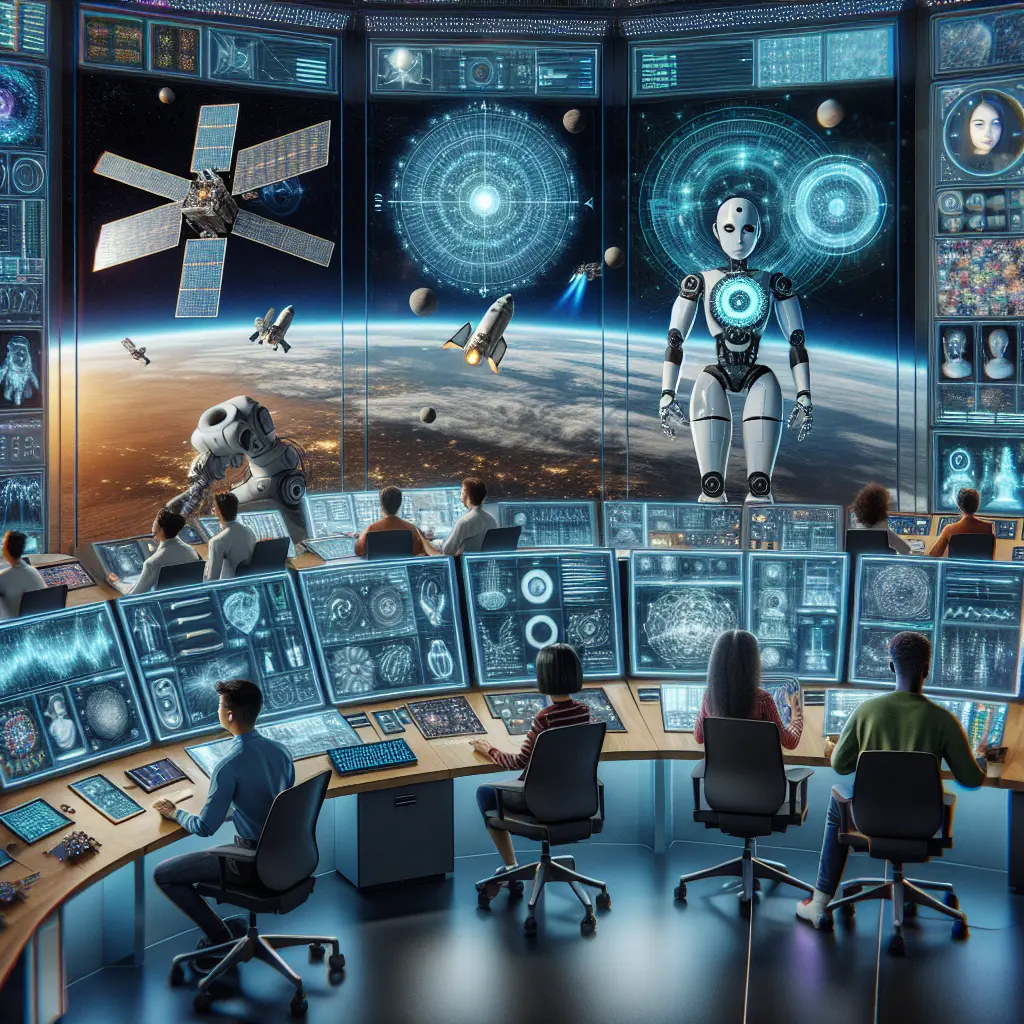



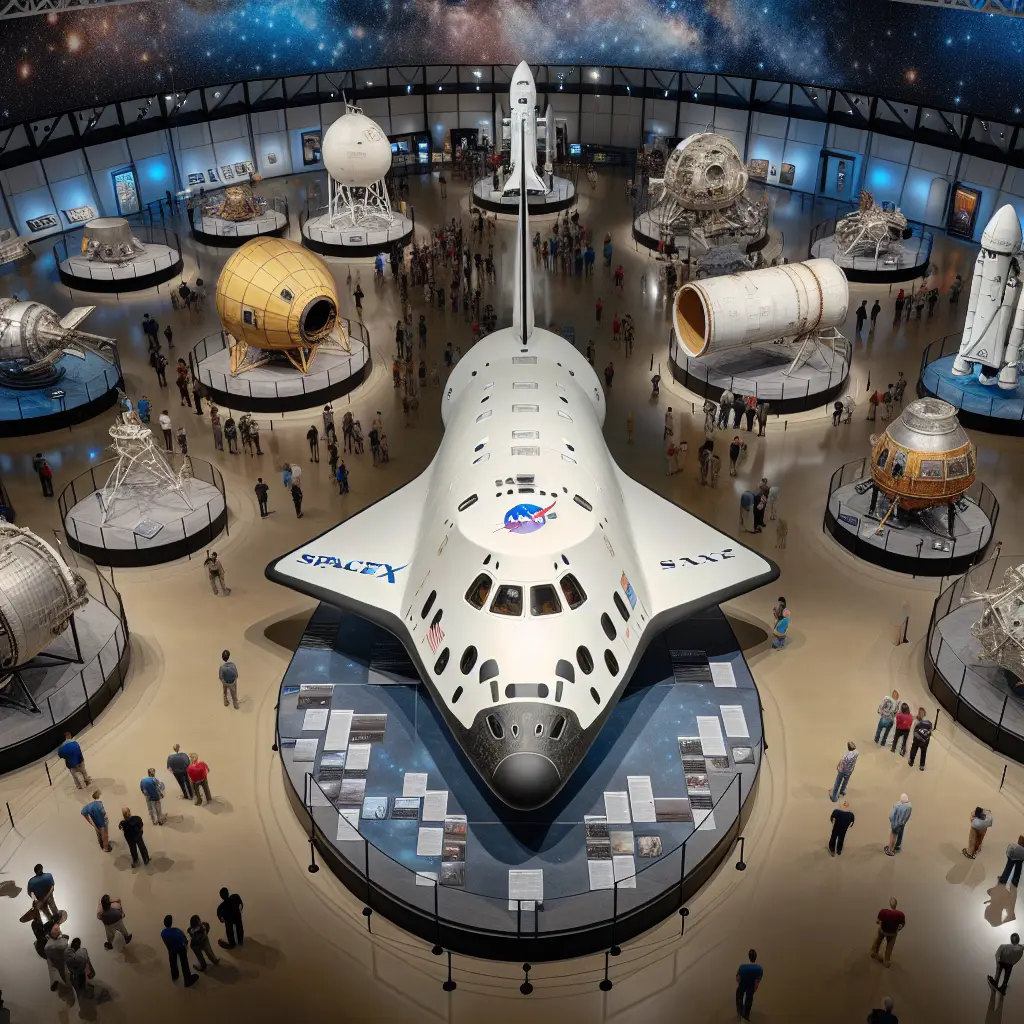
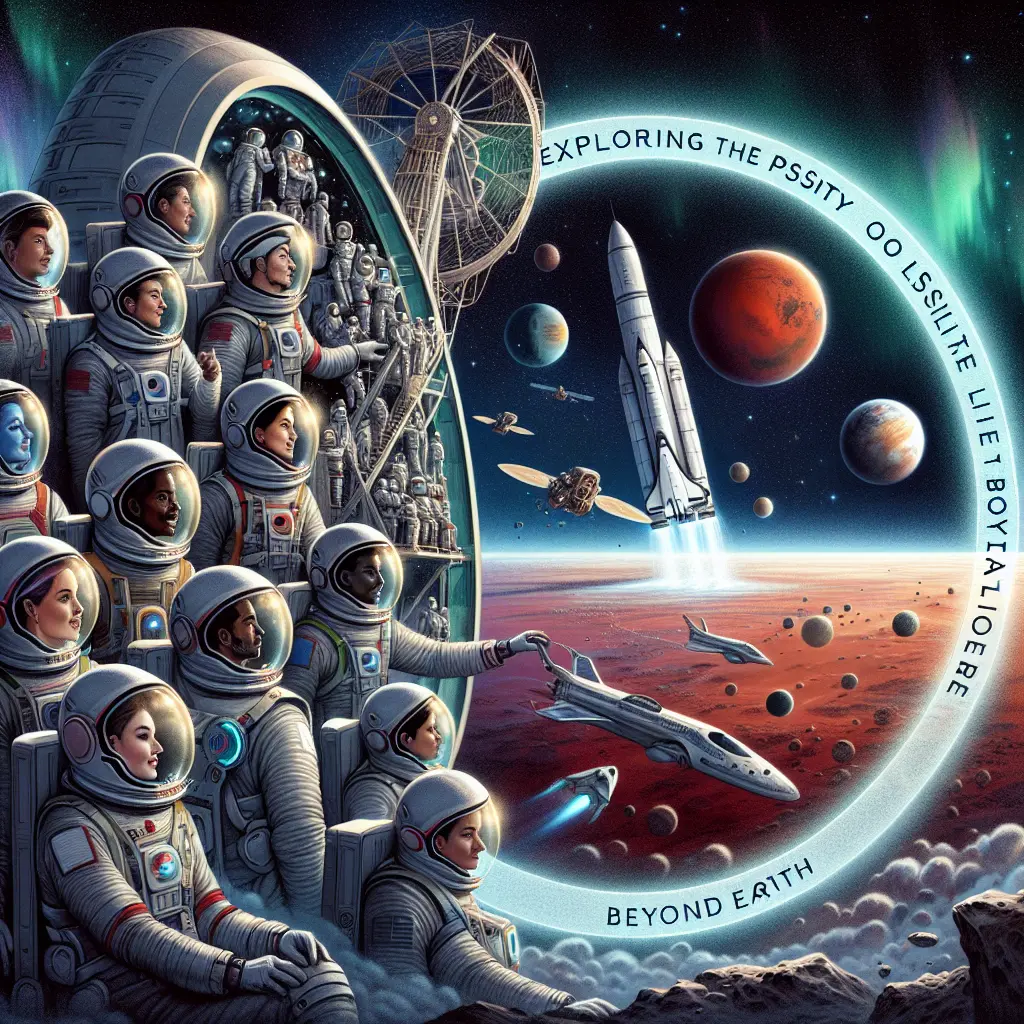
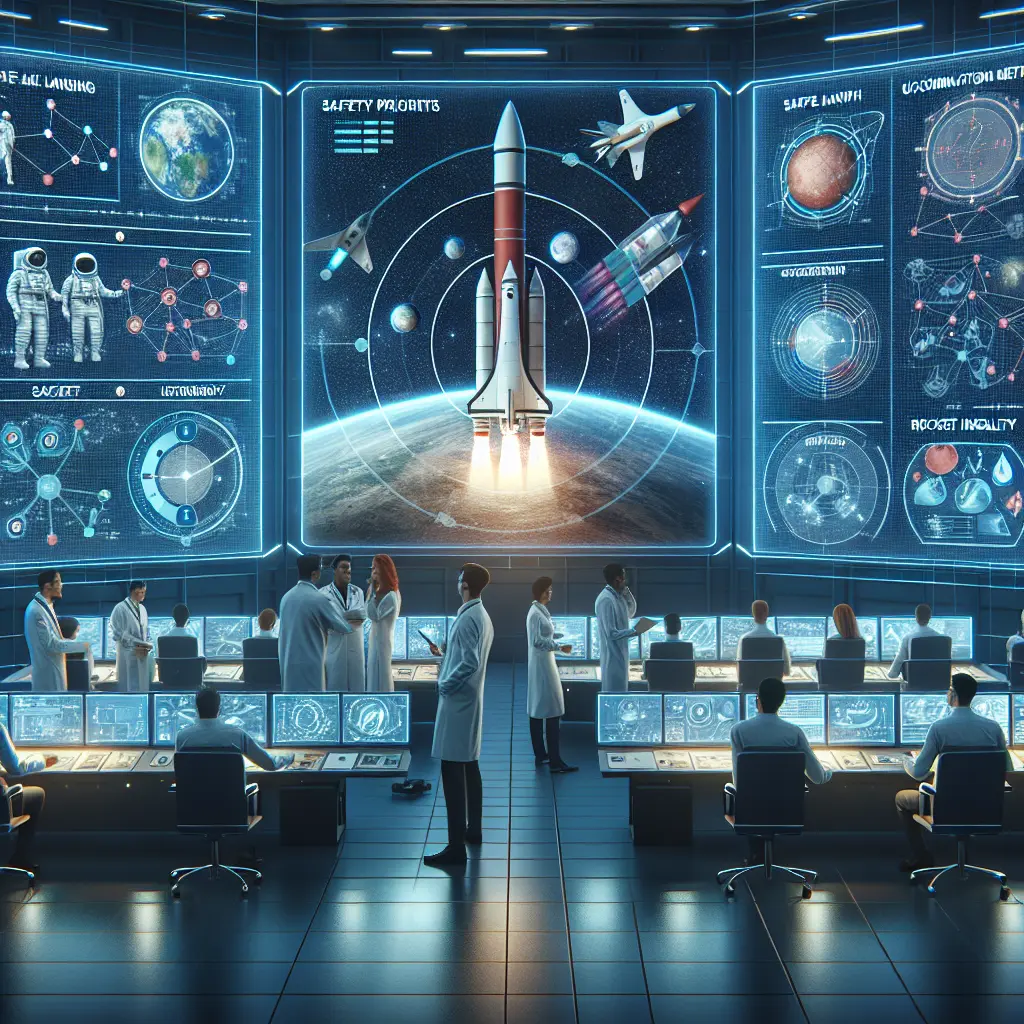
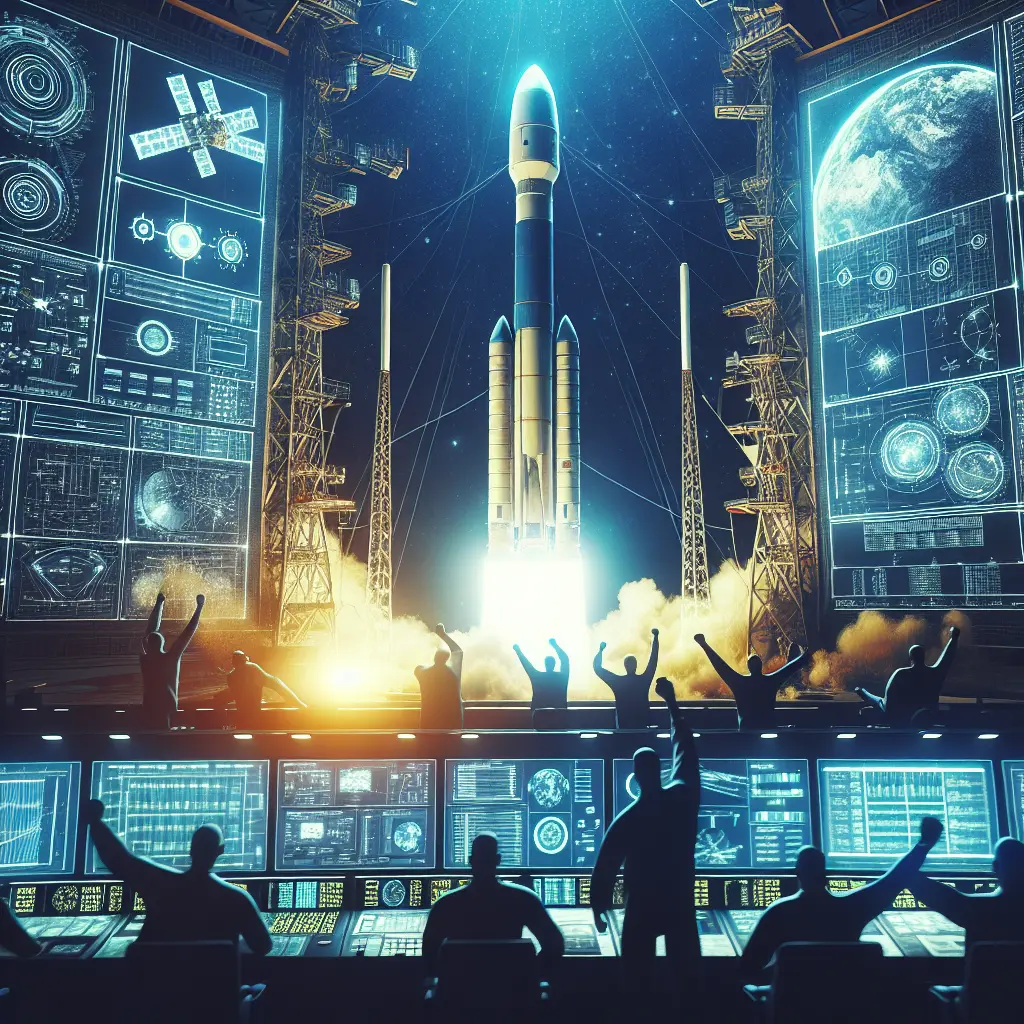
Leave a Comment